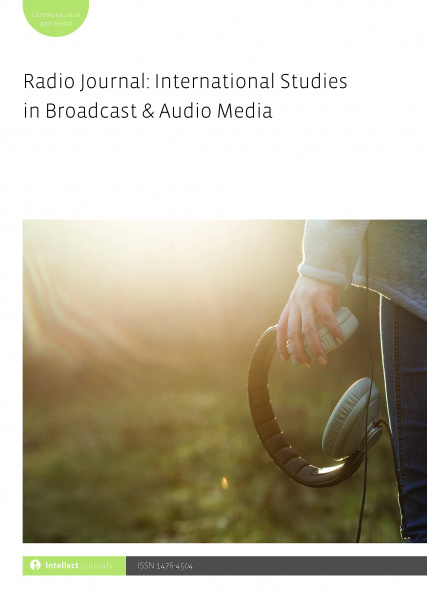
Full text loading...

Narrative voice is a frequent site of experimentation in narrative journalism, and in podcasting this voice tends to be more prominent as the listener hears the narrator’s embodied voice. It can build a strong bond with the listener, which is important for independent producers as trust is not automatically afforded to them by association with a trusted media organization. This is particularly true for emerging producers, who also lack a professional reputation. This study examines the techniques used in five Australian independent podcasts to understand how they experiment with narrative voice as a podcast technique to build trust with the listener. It finds trust is built through narrative voice in four specific ways (1) first-person narration, (2) authenticity, (3) empathy and (4) emotional truth. This may allow for a greater variety of voices to be not only heard but trusted within podcasting, but also raises questions about misplaced trust.

Article metrics loading...

Full text loading...
References


Publication Date:
https://doi.org/10.1386/rjao_00038_1 Published content will be available immediately after check-out or when it is released in case of a pre-order. Please make sure to be logged in to see all available purchase options.